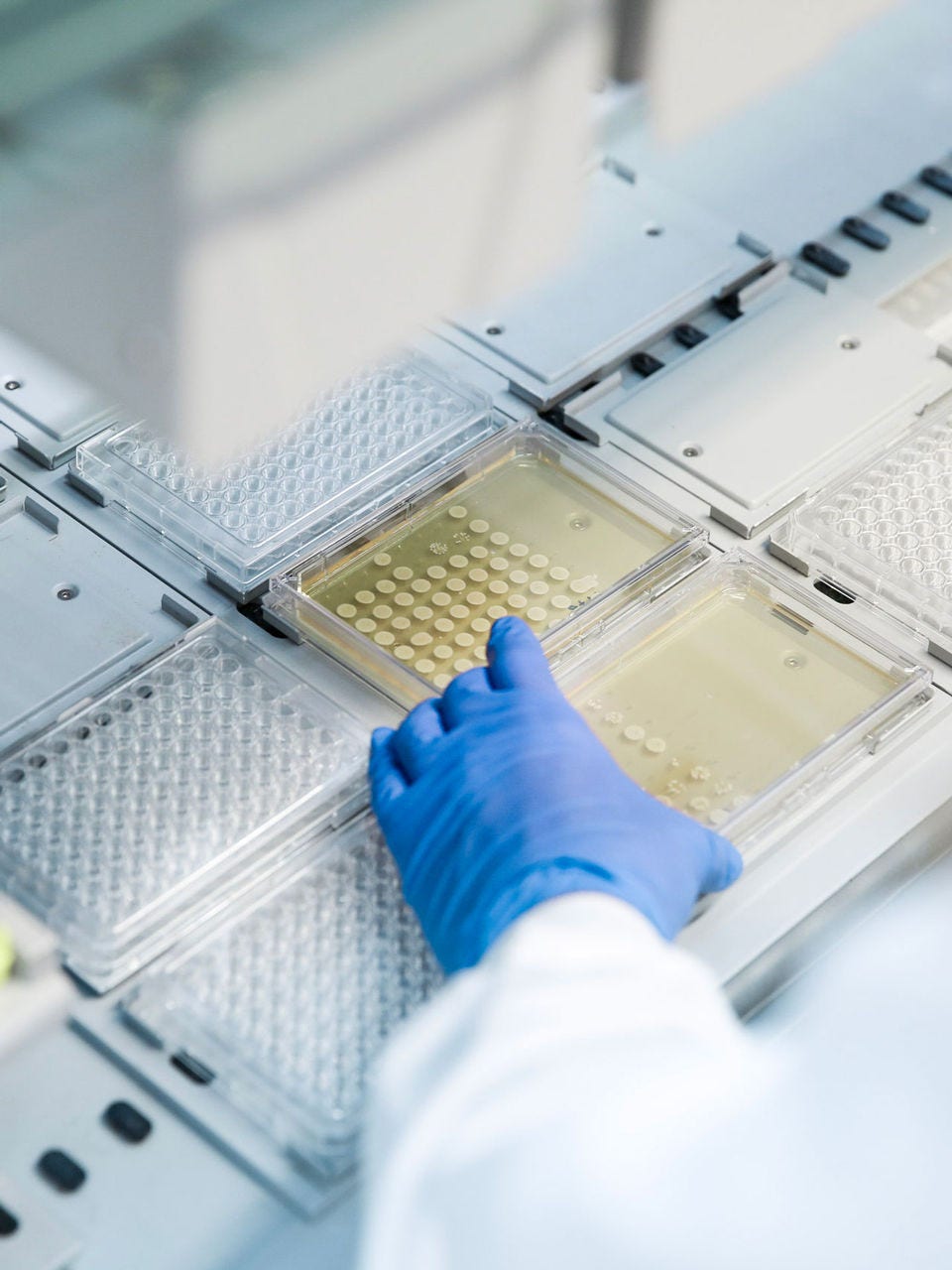Our Platforms
We develop and advance novel platform technologies with the goal of ushering in a new era of medicine with a focus on immunotherapies
At BioNTech, we apply our deep expertise in immunology, drug discovery and fundamental research to develop and advance a toolbox of groundbreaking technologies with the potential to provide novel treatments and vaccines for people around the world.
With a deep understanding of the underlying science, and based on our groundbreaking research, mRNA therapeutics are our most advanced assets. In addition, we use the specific properties of multiple drug classes including cell therapies, protein-based therapeutics, and small molecules, as well as synergistic combinations of those different drug classes, with the aim of developing novel medicines that could address the treatment challenges for a range of cancer and infectious disease indications.
Learn more about our platforms here
mRNA-based
Platforms
Protein-based
Platforms
Cell Therapy-based
Platforms
Explore more

Pipeline

Publications

